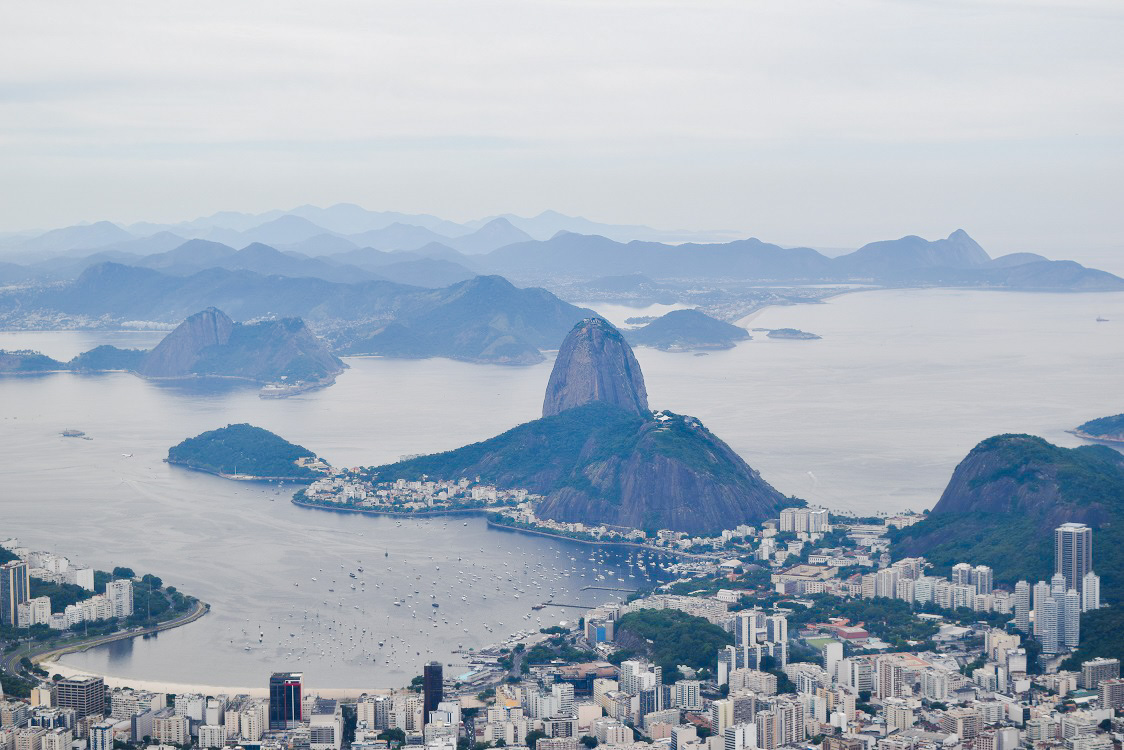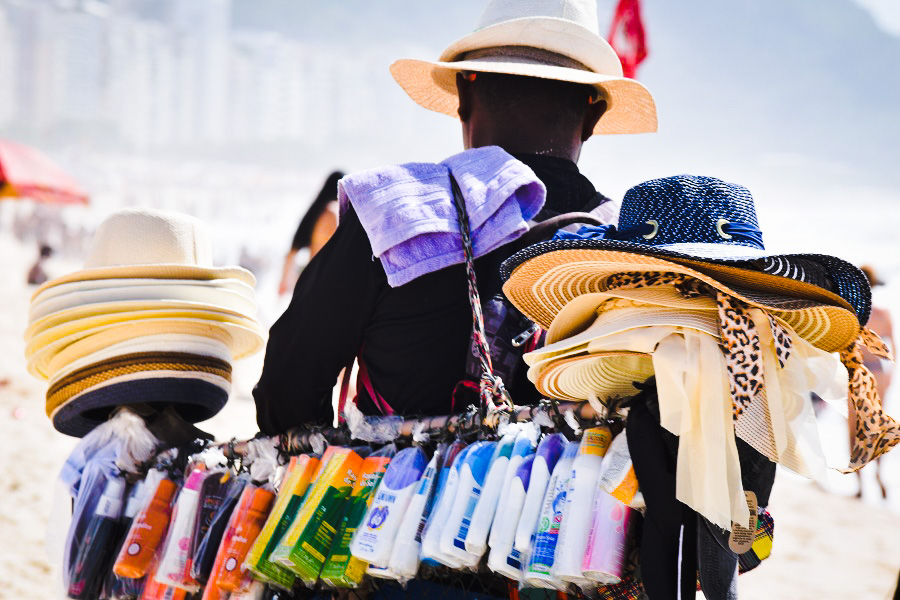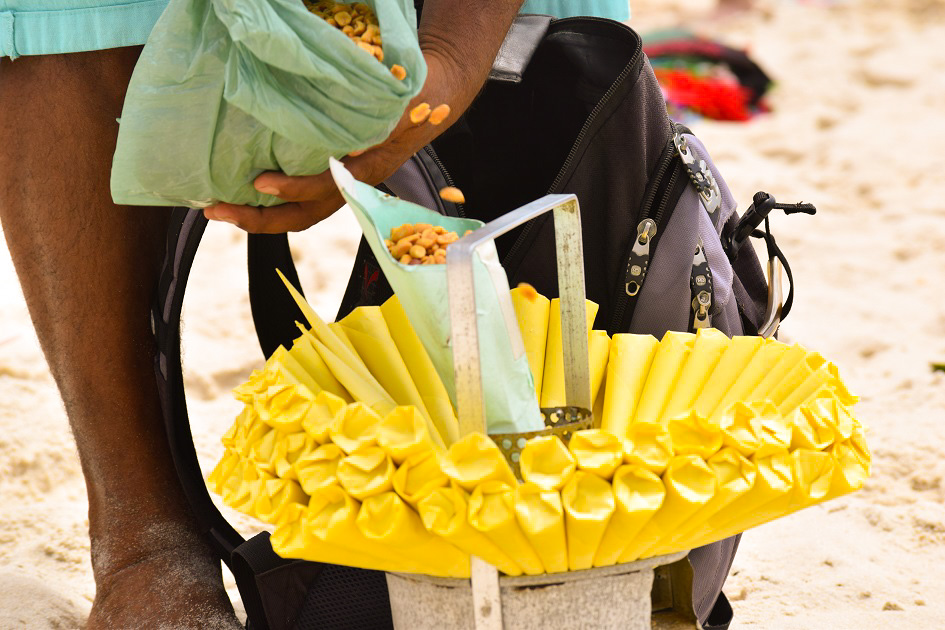Don’t get me wrong. I wasn’t lying on Copacabana beach thinking about exports earlier this month. I was actually more focused on having a fantastic time in one of Latin America’s most emblematic cities. However, these things happen, your mind wanders and your first blog post of the year almost literally invents itself…

So here we go, four export lessons from Copacabana beach…
1- Trust local knowledge
You know your products. And (hopefully) you’ve made every effort to get to know your markets. However, local knowledge is invaluable. This idea popped up in my mind as we completely failed to arrange the parasols as the day went by (your 9am arrangement doesn’t quite work at 12pm) and the young guy from the place we hired the chairs/parasols from came with some strange metal stick, lots of strength and clearly a lot more knowledge than us, did all the work, saved us an argument or two, and everything was tickety-boo. Trust the locals.
2- Believe your eyes
You can research a market as much as you like. I personally love doing it and I have over 13 years’ experience in market research. However, nothing compares to actually getting on a plane and seeing the market for yourself. No wonder why in the next three months I will be accompanying two British manufacturers into Ecuador, Colombia and Uruguay…

What made me think of it? Rio has a bad reputation for safety, cleanliness and a host of other things. However, I found it a safe, clean and (fairly) orderly place. Can you believe it? Yes, you need precautions, like you do in Glasgow or London, but the city (and Copacabana in particular) didn’t feel unsafe or dirty to me at all. Nothing like coming up with your own conclusions.
3- Public v private: a great division in business (and exports)
The efficiency that we might be able to achieve in the private sector in Latin America is quickly counteracted by the mind-blowing inefficiencies of our public sector. When advising foreign companies, I always try to work out how public-sector dependent they will be, because their export experience will be so different depending on that balance. Even famous Uruguayan architect Rafael Viñoly complained this month about this issue.
Where did this come from? Sitting at the post office in Copacabana trying to send three postcards (I usually don’t bother, but I thought the grandparents really deserved it) and putting up with a painful queuing system and a speed that reminded me of the Zootopia trailer I had seen the week before…
4- Every market is unique
And Copacabana beach was a market in itself. A truly fascinating one that could win against Amazon by a landslide in terms of efficiency (drones not included). Without moving from your chair, you could shop for bikinis, sarongs, Middle Eastern cuisine, suncream, ice-cream, football shirts, beer, caipirinhas, fresh fruit juices, souvenirs, toys, city tours, and so much more.
The more time you spend sitting on your chair and observing the world (and the many, many sellers, very few of them pushy, by the way) go by, the more your work out how much you should actually pay for something, what the quality is like, who the friendliest guy to buy from is, and who will go the extra mile to find you that special flavour juice you really can’t live without.

Basically, taking your time to appreciate the uniqueness of the market, really becoming part of it for a while if you can, seeing it from as many parasols/perspectives as you can, and, ultimately, seeing that it’s all about people and behaviour, will get you a long way. It will definitely get you some lovely sarongs and a few reais in savings, at least. Or was that just me?
